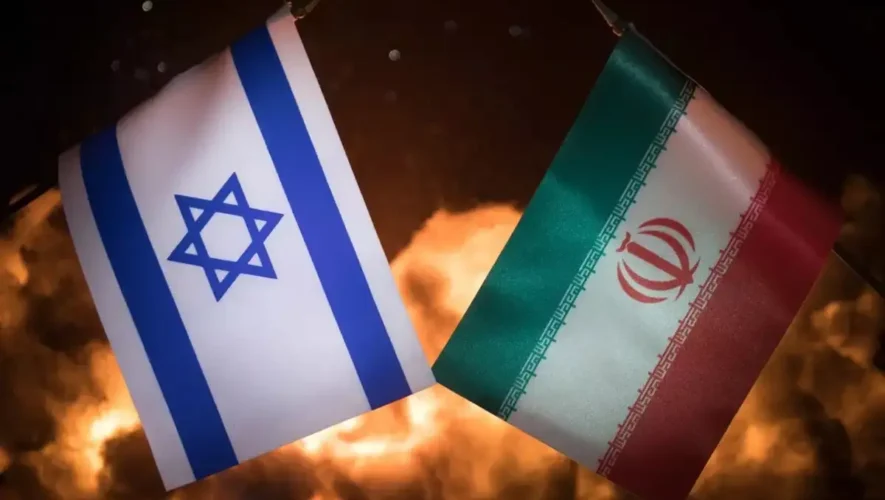BY RUWANI FONSEKA
The conflict between Israel and Iran has escalated since the 13th of June when Israel launched a series of missile attacks on Iran’s capital Tehran and Bandar Abbas, which also is home to Iran’s nuclear plants.
In the wake of the current attacks, American President Donald Trump has urged all Iranians residing in Tehran to immediately evacuate the city as further attacks are imminent.
Additionally, countries such as Syria and Lebanon are on full alert as the war escalates with the verbal support of other western nations.
Germany’s chancellor defended Israel’s attacks on Iran, saying it was ‘dirty work Israel is doing for all of us’, while US President Donald Trump says he wants a “real end” to the conflict, rather than a ceasefire, adding that if civilians and American soldiers are targeted by the Iranians, America will not hold back an attack on Iranian President Khomeini.
Meanwhile, Iran’s armed forces called on Tuesday for residents of major cities in Israel to evacuate, amid warnings of imminent “punitive” attacks on the country.
“Punitive operations will be carried out soon,” armed forces chief of staff Abdolrahim Mousavi said, urging residents of Tel Aviv and Haifa to leave “for the sake of their lives.”
The Iran–Israel proxy conflict, also known as the Iran–Israel proxy war or Iran–Israel Cold War, is an ongoing proxy conflict between Iran and Israel.
In the Israeli–Lebanese conflict, Iran has supported Lebanese Shia militias, most notably Hezbollah.
In the Israeli-Palestinian conflict, Iran has backed Palestinian groups such as Hamas. Israel has supported Iranian rebels, such as the People’s Mujahedin of Iran, conducted airstrikes against Iranian allies in Syria and assassinated Iranian nuclear scientists.
In 2018 Israeli forces directly attacked Iranian forces in Syria.
HOW IS THE CONFLICT AFFECTING SRI LANKA?
The war, which began just 5 days ago, has already had a massive impact on Sri Lanka, despite being geographically distant.
The Sri Lankan Embassy in Israel has already confirmed 4 Sri Lankan casualties, and plans to temporarily relocate the Embassy have already been rolled out.
The Sri Lankan Embassy in Tehran has already been evacuated, Minister Vijitha Herath confirmed in Parliament today.
Meanwhile, the Foreign Employment Bureau and the Government of Sri Lanka has temporarily halted sending workers to Israel amidst the ongoing tensions.
According to PIBA, Israel’s international airports are currently not operating at full capacity due to the escalating situation between Israel and Iran. As a result, all employment deployments from Sri Lanka to Israel have been put on hold.
In Parliament today, Opposition Leader Sajith Premadasa questioned the Government on what steps have been taken to protect Sri Lankans employed in Israel and if action has been taken to extradite them back to Sri Lanka.
Premadasa noted that the conflict has escalated to a point where the use of nuclear weapons is in the horizon.
Additionally, Minister Vijitha Herath announced that with the ongoing war in the Middle East, Sri Lanka could face the brunt with lower foreign remittances and higher oil prices.
“There could be impact on the foreign remittances sent to Sri Lanka. Also there is a risk of oil prices going up,” Minister Herath told the parliament, adding that currently over 20,000 Sri Lankans are employed in Israel.
Oil prices were driven higher today by the Iran-Israel conflict, though major oil and gas infrastructure and flows have so far been spared from substantial impact, foreign Media Reuters reported.




